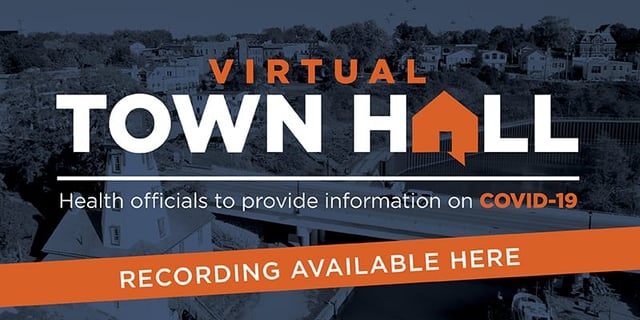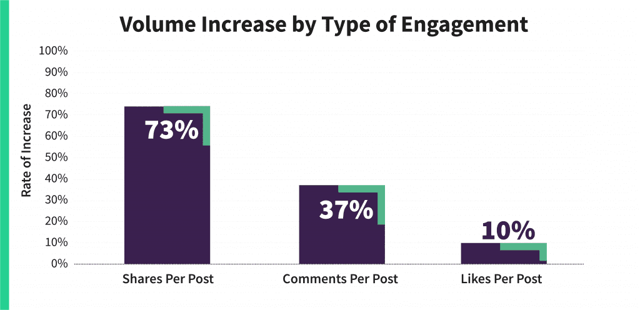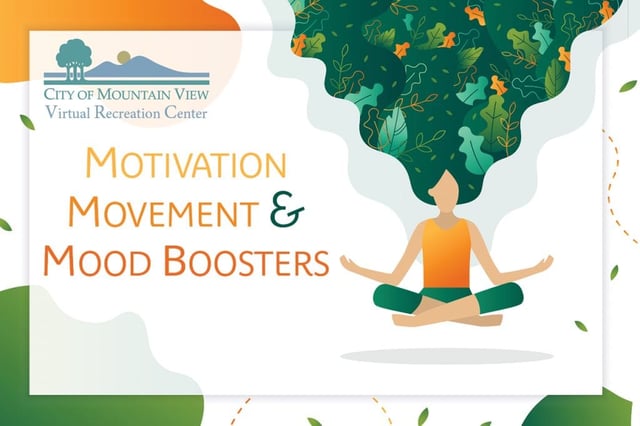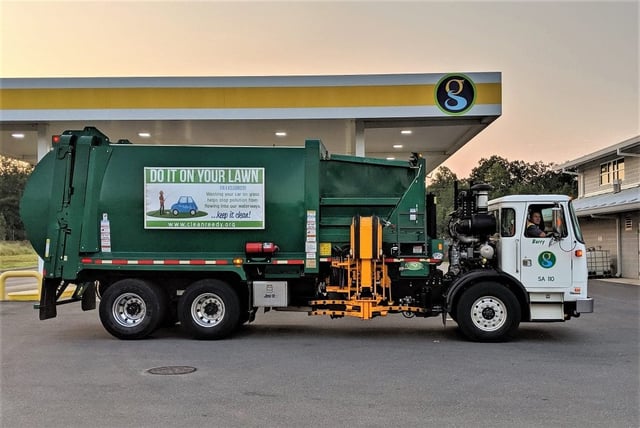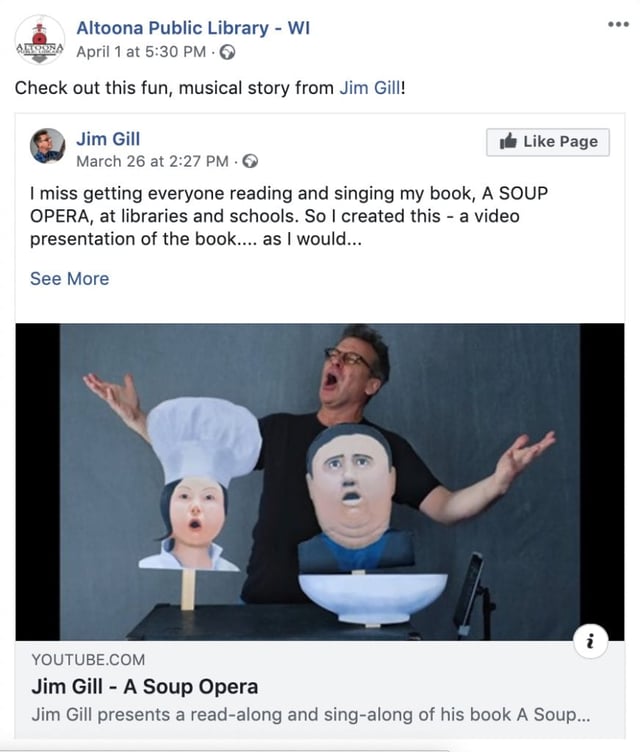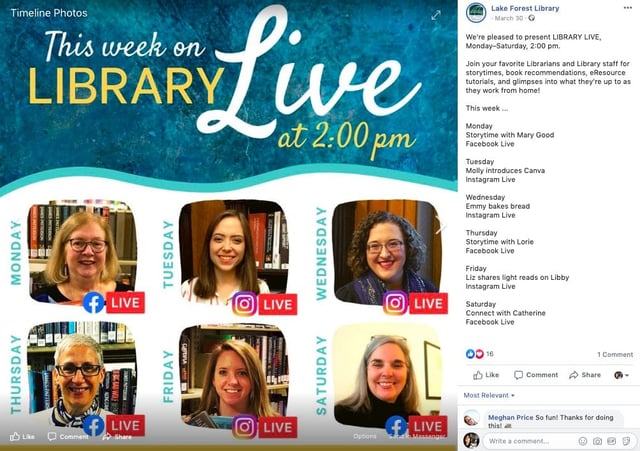Stay Apart and Keep Strong: 5 Key Approaches Local Governments Have Taken to Adapt Services and Events During COVID-19
.png)
Zencity
The Platform for Community Trust
Stronger together, weaker apart; or so the saying goes. In the wake of the Coronavirus era social distancing has become the new norm and we all need to find a way to stay apart while keeping strong. With new guidelines in place we’ve seen a plethora of public events of different scales being postponed or cancelled, as well as general shutdowns of many local facilities and services. Yet, through these tough times, our communities prove to continue and support us, share-in experiences in ways we couldn’t imagine, and above all provide us with a deeper sense of belonging than before.
Local governments are at the front lines of this crisis, and remain a key facilitator of the new community resilience. They equip their residents with the information they need in order to stay aware of the situation as well as with ongoing social, mental, and community support. Services formerly administered by our cities are required to adapt and meet the new needs of the time. Public events and recreation facilities that used to provide us with cohesion and joy need to find new ways to continue and deliver these values in times when social distancing is a requirement.
Over the past weeks we have seen many local authorities adapting their services and events to the new reality COVID-19 has presented us with. Below are 5 ways they’re doing this:
1. Virtual City Hall
Particularly in times of heightened panic and uncertainty, city halls need to continue serving their communities and keep them informed and engaged. From New Orleans, LA to La Verne, CA and many places in between, cities are announcing virtual public access to essential local government meetings in their district. In order to maintain safe social distancing practices, cities have turned to Skype video chats, Zoom conferencing and Facebook and Youtube live streams in order for citizens to take an active part in these meetings; and they are! Aurora, IL, ordinarily finds an approximate of 20-50 attendees at their council meetings, however, their latest virtual meeting had 350 attendees.
By way of their official city websites, government leaders are taking a transparent approach in keeping the public informed with the latest updates on COVID-19 response initiatives. Many cities, including Durango, CO and Grand Forks, ND , have pages solely dedicated to their new virtual city hall meetings which include streaming capabilities of the most recent meetings as well as summaries.
As city council meetings make their way to the virtual realm, local governments like Cedar Park, TX and Venice, FL are encouraging public comments and announcements via email and website submission forms, which can then be read aloud at the live assembly and help maintain a sense of normalcy and order.
2. Community Engagement
In times of crisis the ability to communicate in real time with members of one’s community, is of the utmost importance. As they adapt to the times, we’ve seen many instances of cities moving their community engagement outreach into the digital space. For example, government heads in cities like Lemont, IL and Wellesley, MA, have created coronavirus community Facebook groups as a way to openly communicate with their community members in a clear and concise manner. These enable cities to provide members with services they can no longer access in person, such as holiday festivities, a list of general resources, and virtual community events.
But that’s not all that’s changed since the onset of the virus. Many official city websites, like that of Buffalo Grove, IL and San Francisco, CA, have dedicated pages built with the sole intention of keeping their residents up to date on the most recent COVID-19 local news. These pages advise community members on COVID-19 related services, like donations, paying bills online, a list of open businesses, and online resources. Additionally, to ensure their community members’ needs are being met, cities like Fort Worth, TX and Norwalk, CT have issued surveys to gauge community pain points and areas of improvement. State College, PA and the Village of Buffalo Grove, IL engaged residents with a Zencity Survey to learn about their Awareness and Impact during COVID-19.
We have also seen an uptick in resident discourse and engagement on cities’ official social media pages as local government teams have begun utilizing social media platforms much more as a way to keep their residents informed in real time. With an increase in volume of online conversation, we also know that residents are using digital channels more than ever to find relevant information and to raise their concerns, thoughts and ideas.
Zencity’s recent findings show that residents are finding true value in the information provided by their city. Many residents are also taking an active part in disseminating these updates by actively “sharing” this information with their community and close social circles. We are seeing now more than ever, how important social media and the digital realm are in keeping communities united.
3. Virtual Parks and Recreation
With every recreation and community center’s physical locations closed for the foreseeable future, how are these departments accommodating their services? For those cities trying to maintain a sense of normalcy, like Mountain View, CA a virtual recreation center was introduced, housing a variety of activities promoting mindfulness, health and motivation. The Community Services Departments out of Lake Forest, CA and South Bend, IN, have also been offering resources via the city’s website, in order to inspire their community members to engage in new and creative activities that will in turn promote the community’s health and well-being. From virtual art exhibits, to online workout classes and museum live streams, residents won’t need to leave their front door to partake in leisurely activities.
One of the best examples we’ve seen of local rec centers truly engaging and encouraging their community members is Reno, NV. In addition to ensuring their community members can maintain a sense of normalcy, by way of providing them with all they need to stay healthy, entertained and well-informed, the virtual rec center is encouraging community participation, asking residents for any of their ideas and resources to include on the page. After all, who knows community members better than the members themselves?
4. Culture, Arts and Events
Arts and culture go hand in hand and are vital parts of any community. With federal laws prohibiting US residents from partaking in group gatherings, local governments have taken to alternative methods of promoting culture and community unity. The Los Angeles Department of Cultural Affairs, under the leadership of Mayor Eric Garcetti, the Los Angeles City Council, and the Cultural Affairs Commission, has compiled a list of art and educational resources to help fill the gap during this difficult time. Meanwhile, the city of Chicago has started a “Sharing Your Art from Home” initiative, which encourages local artists to keep up their practice and helps bring color to a rather dim situation.
Families with small children have been tasked with continuing to promote growth and educational opportunities for their kids despite the unique circumstances, as a result there have been many efforts by local governments to help in any way they can. A wonderful example of this is Greenville, SC’s, Virtual Touch-a-Truck Facebook live event, where kids can ask firefighters all of their burning questions, while also learning about the important role first responders play in their community, all from the official city Facebook page.
One of the first cultural and entertainment facets affected by COVID-19 was art, as big gatherings and events were banned and social distancing encouraged, artists took the brunt of the blow, seeing sales and commissions dissipate in a matter of days. In an effort to combat these hardships, cities like Boston and Cambridge, MA, Denver, CO, and Portland, OR, have all established emergency artist relief funds to ensure work for artists. Boston was the first to do so, as of March 12, the city dedicated half of its budget to programming and funding for individual artists. Not every city has the funds to donate solely out of budget; Cambridge has been matching city contributions with donations from community foundations and individual donors. Both Denver and Portland have been pooling funds to then distribute amongst artists, prioritizing those with the lowest incomes.
5. Local Libraries and Book Delivery Initiatives
Coronavirus has now touched every facet of city life, which is why we have seen public libraries turn to eBooks, audiobooks and live-streaming or hosting book discussions and storytime for kids on social media. We have also seen libraries across the country waiving late fees and extending due dates until after the worst of the virus has subsided. The Altoona Public Library in Wisconsin is taking it one step further, not just offering digital library cards so residents can access electronic resources online, but they are also considering the idea of a curbside pickup. Cities like Orlando, had a book delivery drop off in place pre-corona but since the closing of its physical location, they’ve seen requests for books by mail triple, further indicating the value of library services to communities at this time.
The Power of the Zencity Network
Whether it be a global pandemic, a natural disaster or terrorist threats, in times of hardships the power of our local authorities lies in their ability to adapt to the situation quickly and effectively. They are measured by their level of service and support they provide to their communities. From smaller places like Cedar Park, TX to metropolis’ like Los Angeles, CA we can see the true power of urban innovation addressing critical needs of residents.
In the wake of Coronavirus, Zencity is helping local governments stay on top of their community’s discourse, aiding in their efforts to meet their residents’ needs. To see how Zencity can help your community adapt during times of crisis, contact us.
%20copy-1.png?width=544&height=120&name=Logo_black%20(1)%20copy-1.png)




